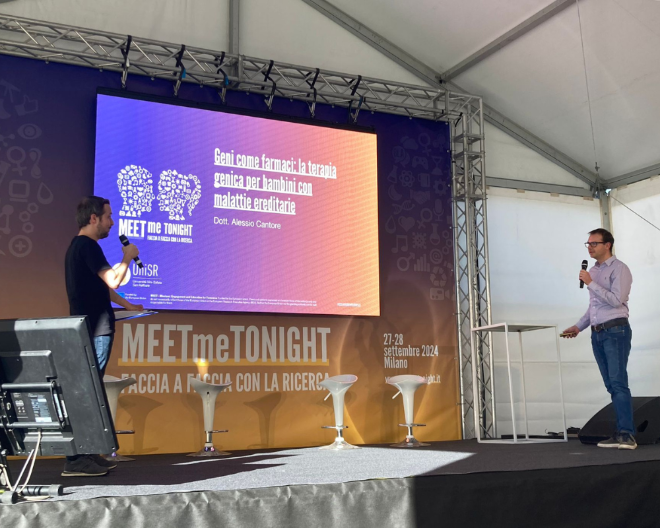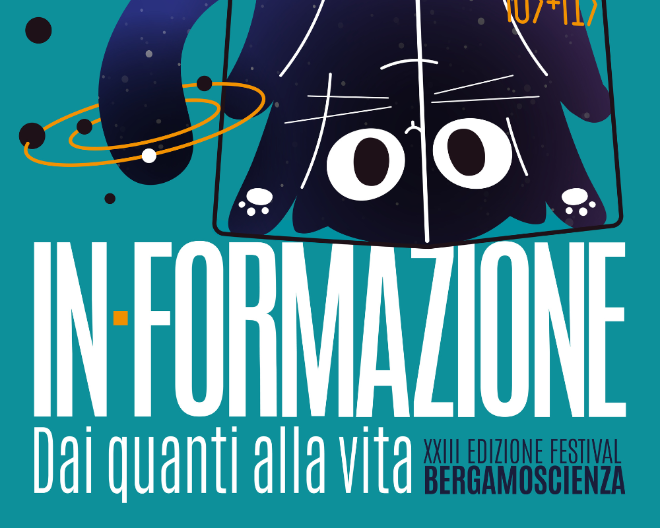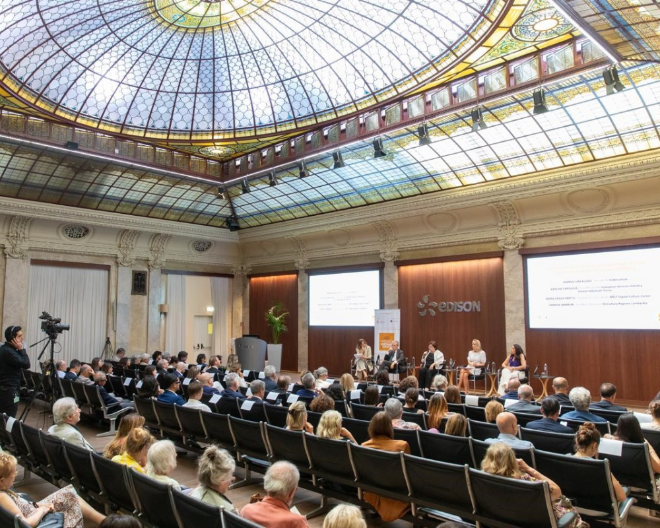The Impact of Knowledge: UniSR’s Role in the National and European Context

Promoting and enhancing knowledge within the social, economic, and cultural context has long been one of the fundamental missions of universities, carried out through what is known as the Third Mission. This includes a wide range of activities such as technology and business transfer (e.g., patents and spin-offs), the valorisation of cultural heritage, civic participation and public engagement, as well as open and participatory science — all contributing to the sustainable and inclusive development of society. But how can the benefits of these activities be identified and measured?
Impact: Where Do We Stand in Italy?
In recent years, Italian universities and research centres have been exploring the most effective models and strategies to track impact — the qualitative and quantitative dimension that enables measurement of the effects generated by the university’s openness to society.
Our University, together with the Universities of Bologna, Modena and Reggio Emilia, the University and the Advanced School of Trieste, and with the support of nine other actors within the national research system, has recently coordinated an analysis of how universities and research institutions in Italy approach the topic of impact.
Based on data collected from 33 institutions, the study examined both the strengths and weaknesses of current processes for knowledge valorisation, as well as the skills required to support impact effectively.
The results show that while universities have established structures and activities supporting research and the Third Mission, a broader, more integrated vision is often lacking — one that is capable of turning research results into tangible economic and social value.
Although impact serves as the common thread throughout this process, it still appears to be a relatively niche topic, with limited training opportunities within institutions. Greater awareness of the topic and the presence of monitoring models and tools have been identified as key components for promoting effective knowledge valorisation.

Measuring Impact in the UniSR Strategic Plan
Among the objectives included in the UniSR Strategic Plan 2023–2026 is the measurement of impact — an essential activity not only for asserting the University’s role in disseminating knowledge and fostering a critical and engaged public, but also for responding to increasing expectations for long-term evidence of the societal benefits of research.
In this context, and in line with the principle of Innovating through Knowledge, UniSR is implementing projects aimed at building a knowledge- and innovation-based society.
A European Perspective
UniSR’s commitment is part of a broader international framework of collaboration and the sharing of best practices through its membership in the European Association of Research Managers and Administrators (EARMA). Since 2024, the University has also been part of the coordination group of EARMAimpact, which — through the work of thematic groups — promotes training, the identification of tools to support research managers, and the spread of impact awareness and culture across universities and research institutions.
Developing models and skills in this field is becoming an increasingly strategic asset for actors in the research and innovation ecosystem.
The growing attention to impact reflects the desire to build a university that is ever more open, transparent, and oriented towards the common good. In this direction, UniSR is committed to strengthening a culture of assessment and social responsibility, actively contributing to the transformation of society through research and knowledge.
You might be interested in

Intrecci: a UniSR project for more inclusive and accessible cancer diagnosis

MEETmeTONIGHT2025, the Milan event dedicated to science outreach

The XXIII edition of the BergamoScienza Festival kicks off

